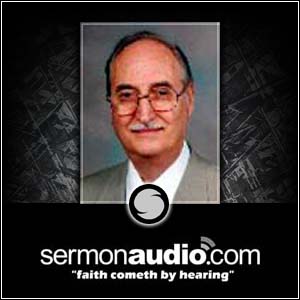| Recommended Articles: | ||
|---|---|---|
| 1. |
|
|
| Recommended Books: | ||
| 1. | 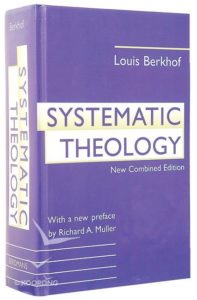 |
Systematic Theology – by Louis Berkhof
This is a classic and revered systematic theology. Berkhof (1873-1957) was a professor of systematic theology at Calvin Theological Seminary (1906-1944). His Systematic Theology has been the standard textbook in English-speaking Reformed seminaries for many years. |
| 2. | 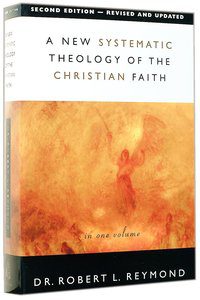 |
A New Systematic Theology of the Christian Faith – by Robert L. Reymond.
This new Reformed systematic theology is an important resource for any student of theology. J. I. Packer writes concerning it: “In this masterful, reader-friendly volume, veteran theologian Robert Reymond updates the classic Reformed theology of Charles Hodge, B. B. Warfield, and John Murray… Logically structured and thoroughly argued on all points of dispute, Reymonds magnum opus will be prized by teachers, students, and all who care for what was once called purer theology.” We highly recommend this work! |
| 3. | 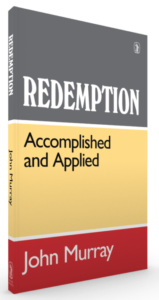 |
Redemption: Accomplished and Applied – by John Murray.
This is a great little book that deals with the perfection of Christs work of atonement and the application of that work to the elect of God. In the application of redemption section, Murray covers the key doctrines of salvation such as effectual calling, faith and repentance, and justification. |
| 4. | 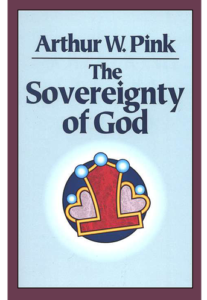 |
The Sovereignty of God – by A. W. Pink.
A classic work on the Scriptural teaching concerning the sovereignty of God. It is easy to read, but packed with insight into this crucial aspect of God. |
| 5. | 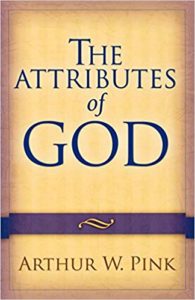 |
The Attributes of God – by A. W. Pink.
A great overview of the various attributes of God. |
| 6. | 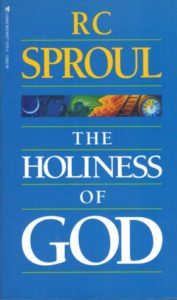 |
The Holiness of God – by R. C. Sproul.
A thought-provoking study of this attribute of God. This is an important book in any study of the attributes of God. |
| 7. | 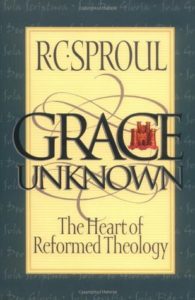 |
Grace Unknown – by R. C. Sproul.
This book could be titled, “What Is Reformed Theology?” It sets forth and defends the Reformation debate points of Sola Scriptura, Sola Fide, and Sola Gratia. It also contains a great overview and defense of the five points of Calvinism. |
| 8. | 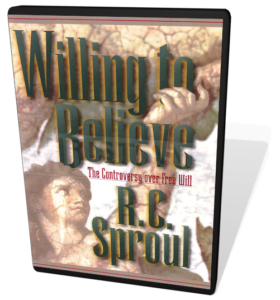 |
Willing To Believe – by R. C. Sproul.
In this book, R. C. Sproul historically traces the various theological perspectives on the will. He clearly sets for the Reformed perspective on the nature of mans will. Highly recommended! |
| 9. | 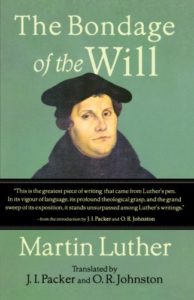 |
The Bondage Of The Will – by Martin Luther
Luther said that if all his works were destroyed, this is the one he would want to survive. This is a classic work on the nature of mans will after the fall. |
| 10. | 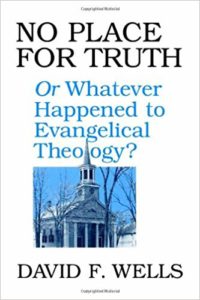 |
No Place For Truth – by David Wells.
David Wells presents an insightful critique and analysis of the disappearance of theology in evangelicalism. Os Guinness writes concerning this book, “Wells trenchant analysis is a devastating CAT scan of American evangelicalism. Unless it is responded to as well as read, the diagnosis might as well be a post-mortem, for evangelicalism has no future if this condition is not remedied. Evangelicalism can only remain evangelical if it is passionately serious about truth and theology.” |
| 11. |  |
The Christ of the Covenants – by O. Palmer Robertson.
This is a great biblical theology that examines the unity of the divine covenants as well as the various covenantal administrations. It also contains an excellent section that examines the question of what structures Scripture: covenants or dispensations. |
| 12. | 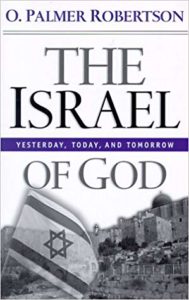 |
The Israel of God – by O. Palmer Robertson.
A great analysis of the people of God under the old and new covenants. This work is devastating to dispensational theology. Robert Reymond states, “Robertsons much-needed book fills a gap in the churchs current understanding of the meaning of Israel as a land and a people. . . .” R. C. Sproul says, “Palmer Robertson provides fresh and brilliant insight into the content of Gods promises of redemption to Old Testament Israel and their relevance to the Christian church. This is an exciting read.” |
| 13. | 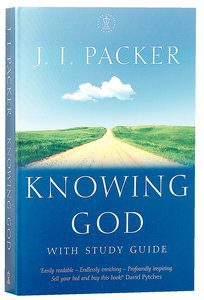 |
Knowing God– by J. I. Packer.
An excellent examination of the nature and attributes of God. Highly recommended! |
| 14. | 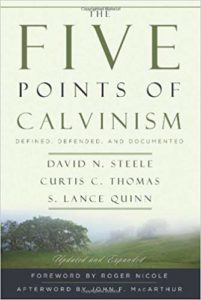 |
The Five Points of Calvinism – by David Steele and Curtis Thomas
Provides an overview of the historic five points of Calvinism with lots of Scriptures! The last section of the book gives a resource list for further study of Reformed theology. |
| 15. | 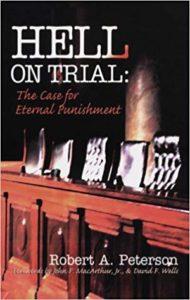 |
Hell On Trial – by Robert Peterson.
In recent years, there has been a movement toward annihilationism in evangelical theology. Dr. Peterson answers the current debate points and presents the Scriptural teaching concerning the doctrine of hell. Dr. Peterson will be presenting this material at our theological seminar in September. |
| 16. | 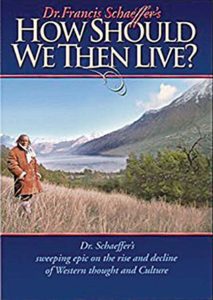 |
How Should We Then Live? – by Francis Schaeffer
A fine book on how the culture influences Christianity and vice versa. |
| 17. | 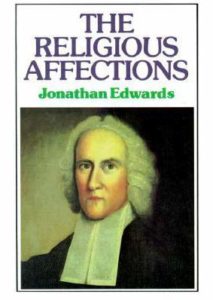 |
Religious Affections – by Jonathan Edwards.
This is Edwards classical critique of the first great awakening. With typical penetrating insight, he demolishes aspects of false profession of faith. Highly recommended! |
| 18. | 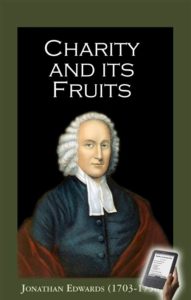 |
Charity And Its Fruits – by Jonathan Edwards.
This is a series of expositions on 1 Corinthians 13. Perhaps the most profound exposition of Christian love ever written. The last chapter deals with heaven as a place of pure love. This is a must read! |
| 19. | 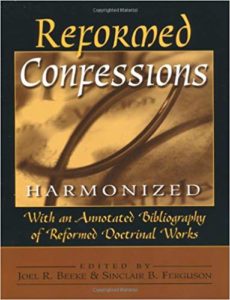 |
Reformed Confessions Harmonized – by Joel Beeke and Sinclair Ferguson
This is a great book for side by side comparisons of the Belgic Confession of Faith (1561), Heidelberg Catechism (1563), Second Helvetic Confession (1566), Canons of Dort (1618-1619), Westminster Confession of Faith (1647), Westminster Shorter Catechism (1647), and the Westminster Shorter Catechism (1648). |

